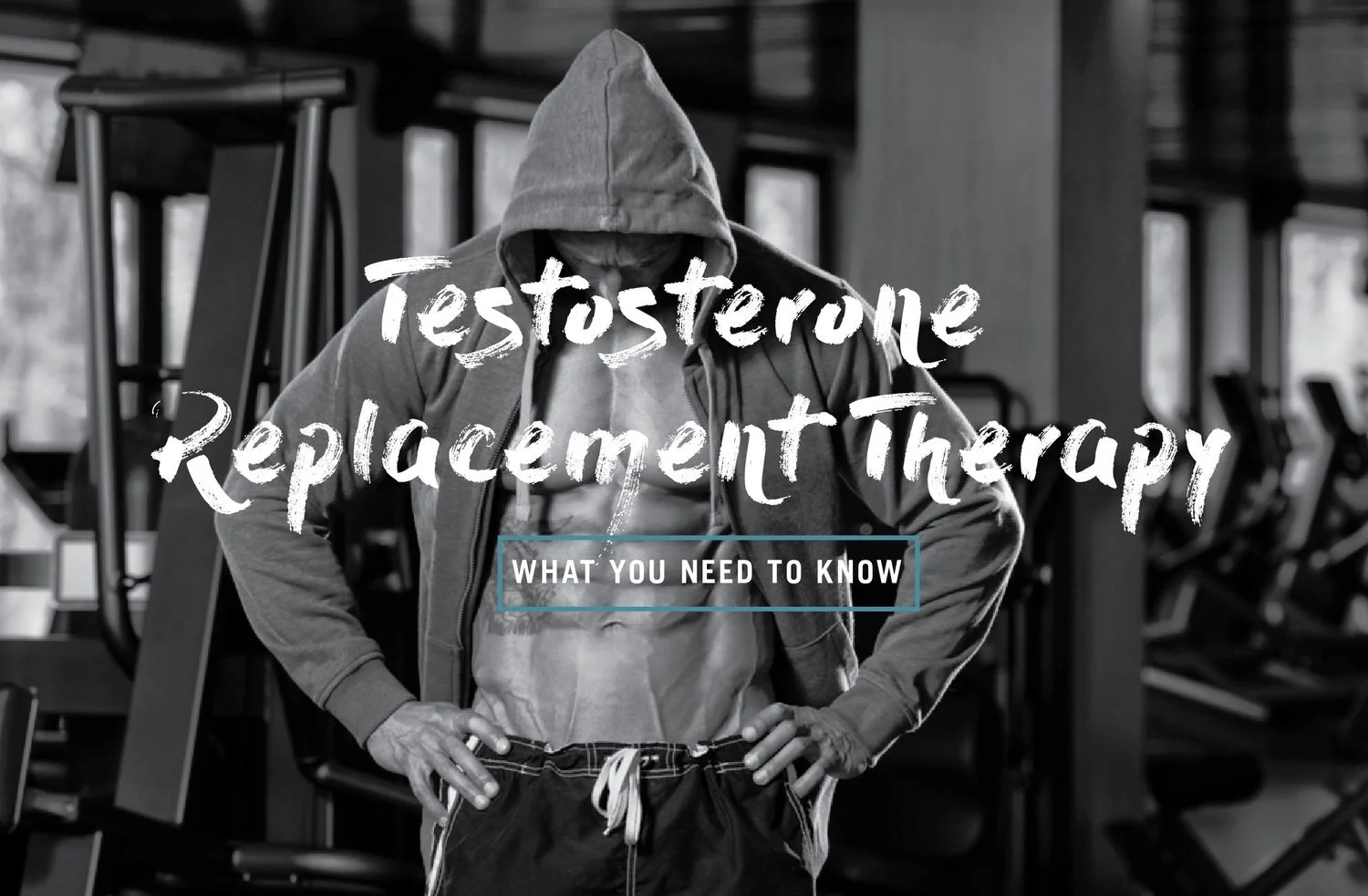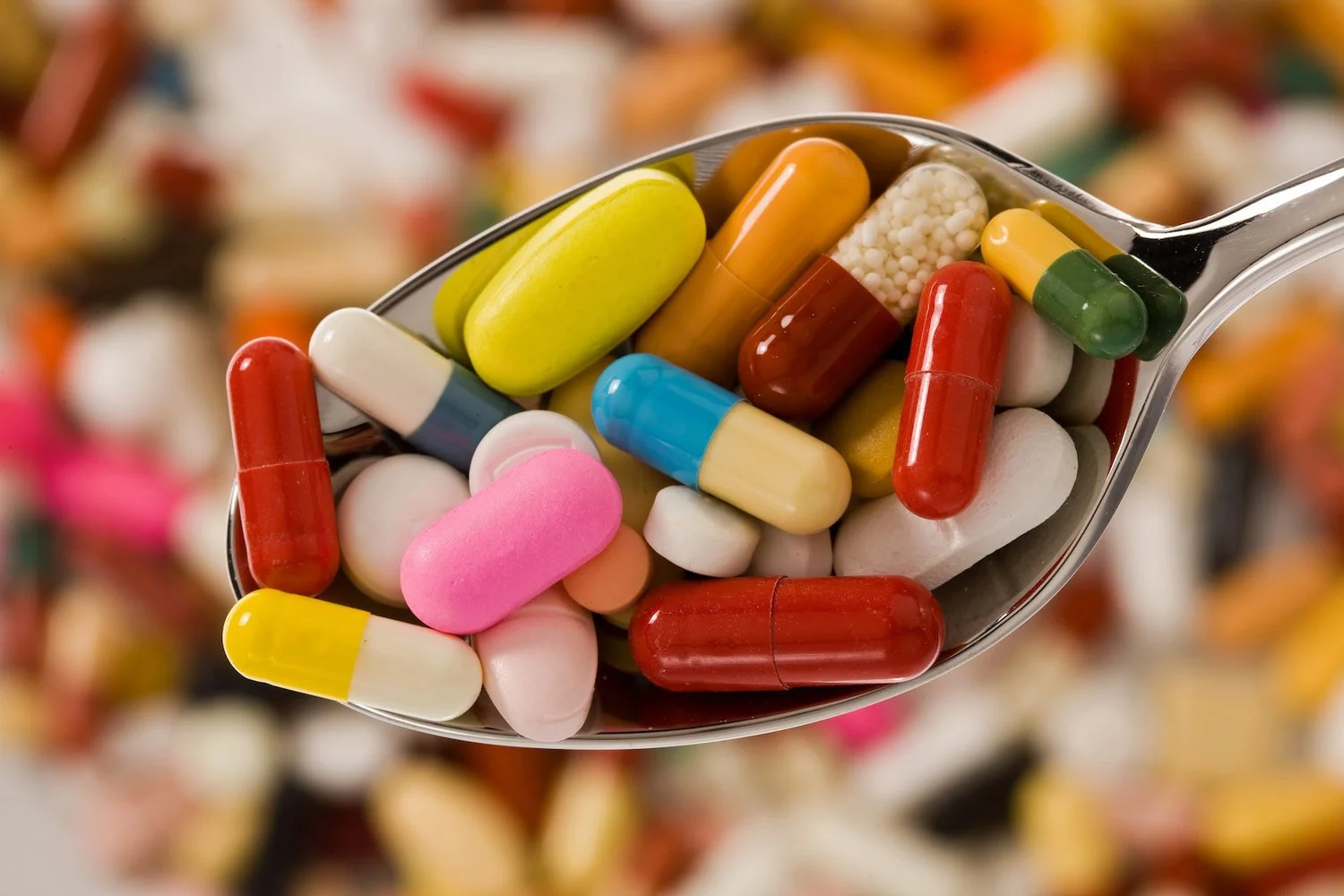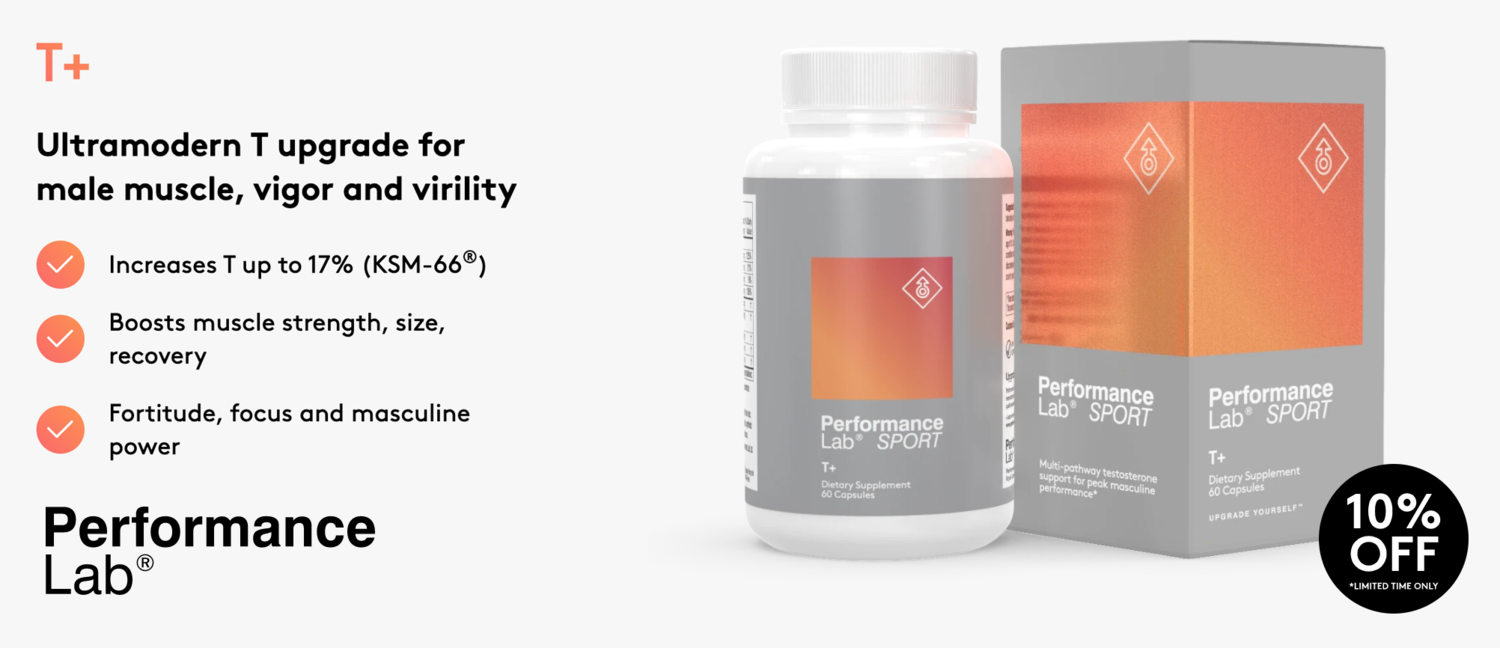What You Need to Know about Testosterone Replacement Therapy
By: Mathews McGarry
The results of a 2009 study conducted at New England Research Institutes, Massachusetts, indicate that testosterone levels in men have decreased by 22% in the last 20 years. Metaphorically, manhood is undergoing a steady decline. Decades ago, this was experienced mostly by older men, but today it affects even those as young as 22. Research shows that 1 out of every 4 men have below average testosterone levels, and this problem primarily requires raising awareness about it before setting off to find a solution.
Low testosterone levels can have devastating effects, such as low sex drive, decreased muscle mass, and can even cause depression. However, the question we need to answer is when do we need to consider testosterone replacement therapy. Low testosterone by itself doesn’t require urgent treatment, and only men with blood levels that confirm the condition as the cause of subtle low-T symptoms should consider it.
Symptoms of Low Testosterone
The symptoms can be subtle at times. As men age, testosterone levels are in a natural decline. However, some conditions can lead to an abnormal testosterone decrease. Symptoms of low testosterone levels include: body and facial hair loss, fatigue and poor energy levels, decreased muscle mass, low sex drive and erectile dysfunction, irritability, and depression.
Testosterone Replacement Therapy (TRT): Benefits and Risks
Each man is different, so it’s impossible to predict the effects of testosterone replacement. Most often, men report improvement in the quality of erections, sex drive, and energy levels. It also increases insulin sensitivity (in some men), muscle mass, and bone density. Some men don’t notice much change, while about 1 in 10 report noticeable improvements.
This therapy also has certain side effects that most often include irritation, itching, and rash at the place where the therapy is applied. Some evidence associated with testosterone use indicates an increased risk of stroke or heart attack. However, large clinical trials haven’t been performed yet, so the risks and benefits of long-term TRT are still unknown. Experts believe that TRT can worsen some health conditions.
Congestive heart failure. Testosterone should not be taken by men suffering from severe congestive heart failure because it can worsen their condition.
Blood clots. A warning about the risk of blood clots should be found on TRT products, as it is required by the FDA. This could increase the risk of pulmonary embolism (a clot that occurs in the lungs) and deep vein thrombosis. TRT products can also increase the risk of polycythemia that sometimes occurs with TRT.
Prostate cancer. Prostate cancer is stimulated by testosterone. Thus, screening for prostate cancer is highly advised before starting testosterone replacement therapy.
BPH (Benign prostatic hypertrophy). Testosterone stimulates the prostate to grow naturally. However, as men age, their prostates grow larger, squeezing the urethra and causing difficulties with urinating. Testosterone replacement therapy can worsen this condition.
Forms of Testosterone Supplementation
Injections and implants. Testosterone can be implanted in the soft tissue as pellets (from which it will be slowly absorbed into the bloodstream) or injected directly into the muscles.
Gels. Testosterone can also come in the form of a clear testosterone gel. When you apply it once a day, it is absorbed directly through the skin.
Mouth patches. Comes in a form of a tablet. It sticks to the upper gums above the tooth that’s just to the left or right of the 2 front teeth. It releases testosterone into the bloodstream through the oral tissues.
Skin patches. Applied once a day, worn on the upper body or arm.
Supplements that contain testosterone or testosterone-acting chemicals shouldn’t be equated with TRT. One can use sarms, as a steroid or a testosterone replacement alternative, because they are less harmful than anabolic steroids. The testosterone which is illegally used by some athletes comes in much higher doses and is combined with other substances that promote muscle-building. Testosterone doses used in TRT only achieve natural levels of hormonal levels in the blood. Abnormally low testosterone levels should not be treated with illegal substances. If you suspect you have low testosterone levels, contact your doctor and get tested.





